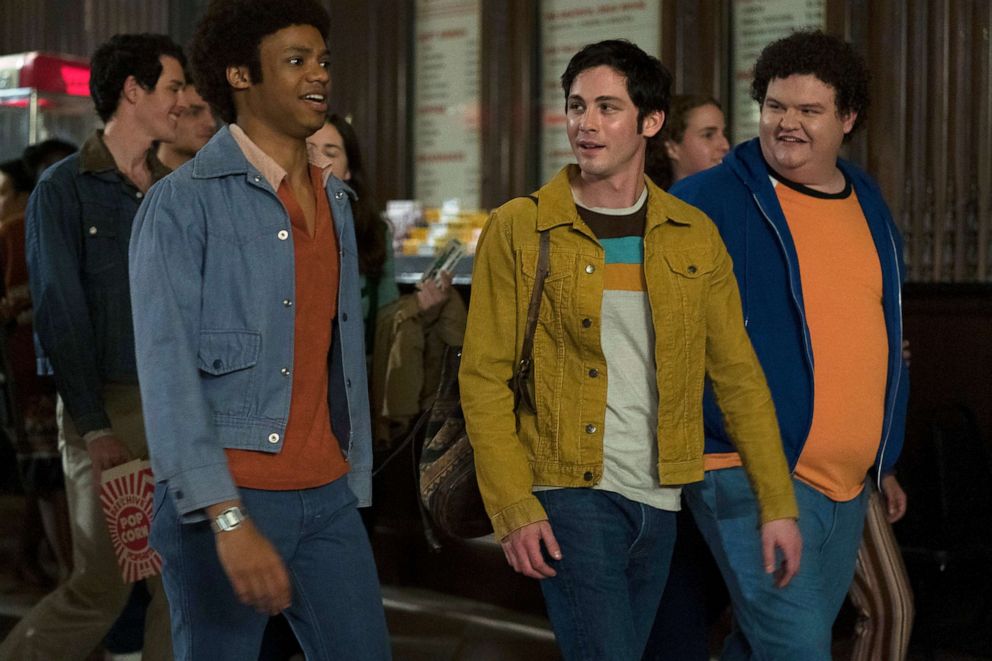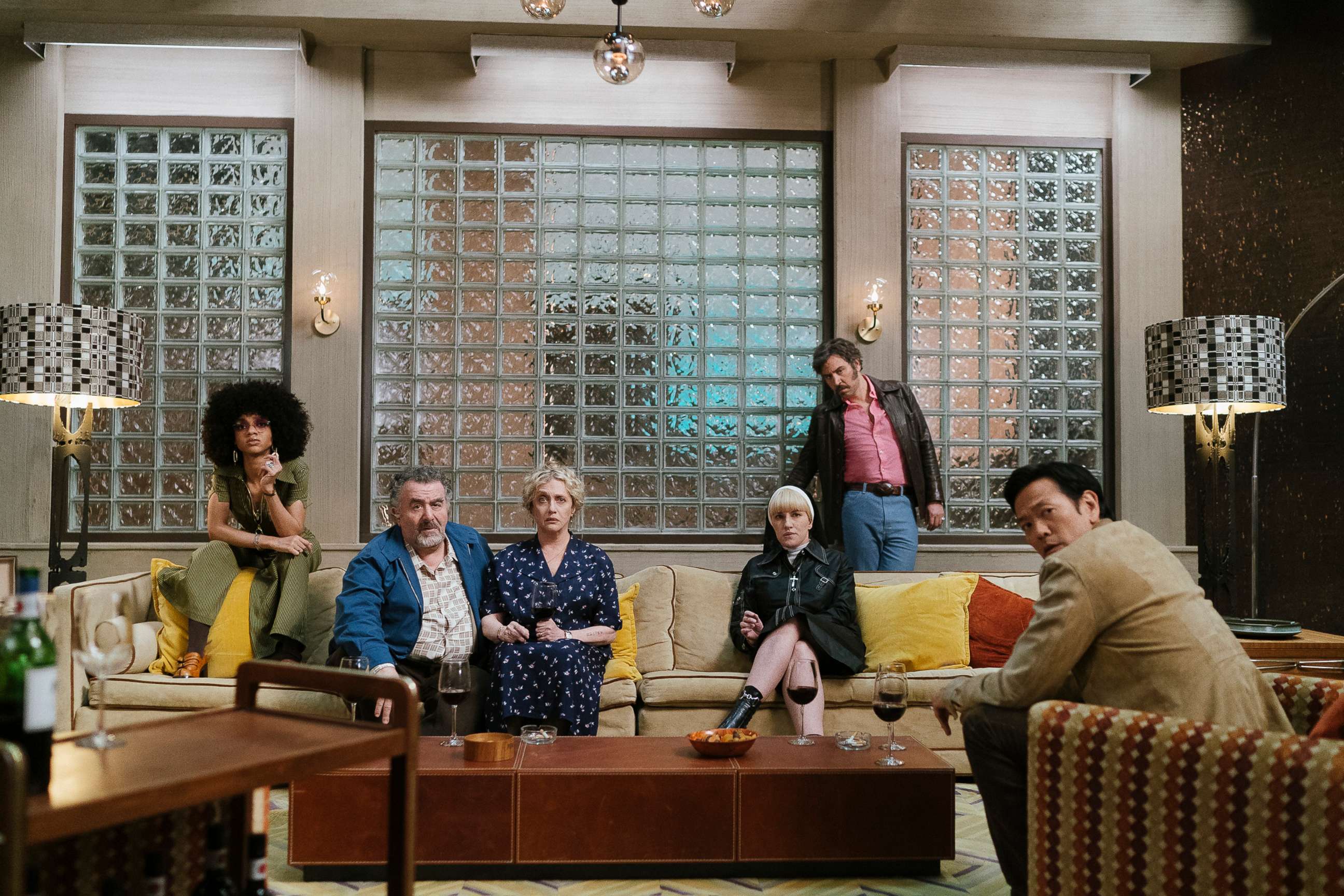Auschwitz Memorial slams Amazon series about Nazi hunters for its 'dangerous foolishness'
The group says a fictionalized scene from Auschwitz "welcomes future deniers."
Amazon's new series "Hunters" has come under fire from the Auschwitz Memorial for a scene that depicts a fictionalized portrayal of the Holocaust.
The remembrance group blasts the scene as "dangerous," adding that it "welcomes future deniers."
The drama series, starring Al Pacino, premiered on Amazon's Prime streaming service last Friday. It's advertised as being "inspired by true events" on its website, and follows the story of a team of Nazi hunters who target escaped Nazis living in the U.S. in the 1970s.
The Auschwitz Memorial, which preserves the site of the former Nazi death camp in Poland, blasted what it called the "dangerous foolishness" of a scene from the series on Twitter.
"Auschwitz was full of horrible pain & suffering documented in the accounts of survivors," the Auschwitz Memorial's official account tweeted Sunday, sharing a photo of a scene from the series where humans are used as chess pieces.
"Inventing a fake game of human chess for @huntersonprime is not only dangerous foolishness & caricature. It also welcomes future deniers," the tweet added. "We honor the victims by preserving factual accuracy."
In a series of follow-up tweets, the Auschwitz Memorial slammed what it called "fake story that never happened in Auschwitz."
"Auschwitz was a real place where people suffered," the tweet stated. "It would be much better if the authors of the movie tried to raise awareness of a true event of the Holocausts by showing something closer to the truth rather than choosing to create a fake story that never happened in Auschwitz."
More than 1.1 million people died in the Nazi-run concentration camp between 1940 and 1945, according to the Auschwitz Memorial.

David Weil, the creator and executive producer of "Hunters," responded to the angry criticisms in a lengthy statement, writing about his own experience visiting Auschwitz, where he says his grandmother was imprisoned.
"While 'Hunters' is a dramatic narrative series, with largely fictional characters, it is inspired by true events. But it is not documentary," Weil said. "And it was never purported to be."
He adds that he grappled with "the ultimate question and challenge of telling a story about the Holocaust: how do I do so without borrowing from a real person’s specific life or experience?"
Weil added that the "chess match" scene is a "fictionalized event."
"Why did I feel this scene was important to script and place in series? To most powerfully counteract the revisionist narrative that whitewashes Nazi perpetration, by showcasing the most extreme -- and representationally truthful -- sadism and violence that the Nazis perpetrated against the Jews and other victims," he said.
Weil continued, "And why did I feel the need to create a fictional event when there were so many real horrors that existed? After all, it is true that Nazis perpetrated widespread and extreme acts of sadism and torture – and even incidents of cruel 'games' -- against their victims. I simply did not want to depict those specific, real acts of trauma."
The filmmaker said he hopes to continue a dialogue with the Auschwitz Memorial and believes they are "on the same side and working toward the same goals."

Shortly after blasting Amazon for "Hunters," the Auschwitz Memorial also slammed the e-commerce giant for selling and distributing the work of Julius Streicher, a Nazi who was convicted of crimes against humanity in the Nuremberg trials.
"When you decide to make a profit on selling vicious antisemitic Nazi propaganda published without any critical comment or context, you need to remember that those words led not only to the #Holocaust but also many other hate crimes motivated by #antisemitism," the tweet read, sharing photos of Streicher's work.
An Amazon spokesperson said the company believes access to even "objectionable" books is important, but that it also takes the concerns seriously.
"As a bookseller, we believe that providing access to the written word is important, including books that some may find objectionable," the spokesperson said. "We take concerns seriously and are listening to feedback. Amazon has policies governing which books can be listed for sale; we invest significant time and resources to ensure our guidelines are followed, and remove products that do not."
In December 2019, Amazon sparked outrage for distributing a series of holiday "ornaments" featuring images of Auschwitz which it ultimately pulled from its platform.




